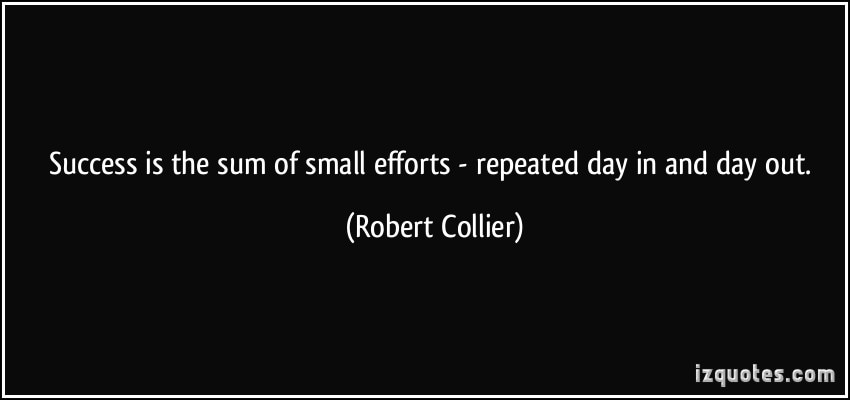No ADHD challenge is too small or too big for using learning and using ADHD skills. In fact, improving how we deal with smaller issues helps us prepare for bigger or more complex issues- like exercising the same muscles with less weight. With lots of reps. Daily.
Here’s an example of a typical ADHD sequence of mine from earlier this week. Look at an empty coffee mug downstairs in office; decide to take it upstairs to kitchen; remember there are other dirty glasses in bedroom, go there first and pick them up, see the one dirty glass in bathroom, pick THAT up, head upstairs to kitchen, forget to bring the coffee cup- the very thing that started this small set of tasks. Not a big deal at all, but as revealing about ADHD issues as a larger, more important sequence of events.
It helps to get better at noticing ADHD issues when (after) they pop up, and not judging ourselves about them. Get “better at”- that doesn’t mean we have to nail it all the time, just increase our skill incrementally. This enables us to then consider the elements involved- in this case, short-term memory, sequencing, and a multi-step task. Now we can come up with a better way to sequence it next time (grab coffee mug first, then glasses in bedroom then bathroom). Just thinking of it as a sequence is part of the practice.
Like most all of our issues, these things happen to non-adhd folks, but it’s how often it happens and how much it affects our days and our states of mind that makes the difference.
So- what to do?
- when we realize something like this happened, just note it- practice being neutral and looking at it as “data”. The ANTS (automatic negative responses) may have already marched in, like thinking “stupid” to ourselves.
- Just note THAT and then review what happened. More like “HUH- interesting how I forgot the first thing I was going to do once I added a few more things to the task.”
- Work with an ADHD coach to master this and other ADHD management skills. You don't have to do this alone!
Practicing awareness and skillful thinking with these little things is highly useful, and often easier than something larger that affects our lives to a greater degree. Every time we do, we’re slowly building this “muscle”, and increasing the probability that we’ll improve and internalize this part of our ADHD management.
Here’s an example of a typical ADHD sequence of mine from earlier this week. Look at an empty coffee mug downstairs in office; decide to take it upstairs to kitchen; remember there are other dirty glasses in bedroom, go there first and pick them up, see the one dirty glass in bathroom, pick THAT up, head upstairs to kitchen, forget to bring the coffee cup- the very thing that started this small set of tasks. Not a big deal at all, but as revealing about ADHD issues as a larger, more important sequence of events.
It helps to get better at noticing ADHD issues when (after) they pop up, and not judging ourselves about them. Get “better at”- that doesn’t mean we have to nail it all the time, just increase our skill incrementally. This enables us to then consider the elements involved- in this case, short-term memory, sequencing, and a multi-step task. Now we can come up with a better way to sequence it next time (grab coffee mug first, then glasses in bedroom then bathroom). Just thinking of it as a sequence is part of the practice.
Like most all of our issues, these things happen to non-adhd folks, but it’s how often it happens and how much it affects our days and our states of mind that makes the difference.
So- what to do?
- when we realize something like this happened, just note it- practice being neutral and looking at it as “data”. The ANTS (automatic negative responses) may have already marched in, like thinking “stupid” to ourselves.
- Just note THAT and then review what happened. More like “HUH- interesting how I forgot the first thing I was going to do once I added a few more things to the task.”
- Work with an ADHD coach to master this and other ADHD management skills. You don't have to do this alone!
Practicing awareness and skillful thinking with these little things is highly useful, and often easier than something larger that affects our lives to a greater degree. Every time we do, we’re slowly building this “muscle”, and increasing the probability that we’ll improve and internalize this part of our ADHD management.

 RSS Feed
RSS Feed